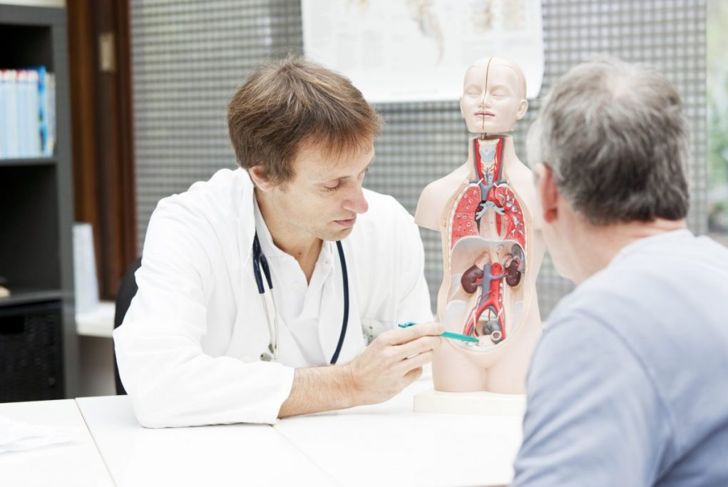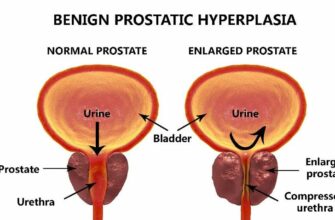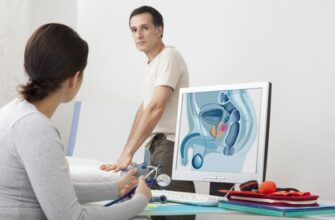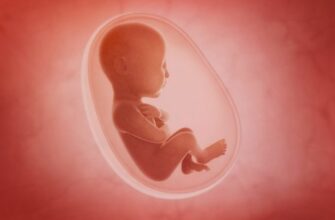Klinefelter syndrome is a genetic condition that occurs when a male has at least one extra X chromosome. This leads to many possible symptoms, though they remain minor and unnoticeable in most people. Because of this, around 75% of people with the condition never receive a diagnosis. However, some people develop symptoms that are prominent and potentially severe.
Delayed or Incomplete Puberty
Many males with Klinefelter syndrome experience delayed or incomplete puberty and a lack of secondary sexual characteristics. This results in thin or sparse body hair, as well as higher-pitched voices. Some people experience a specific pattern of fat distribution, with accumulation around the hips, buttocks, and thighs rather than the abdomen and chest.
Genitalia Development
Klinefelter syndrome can have many effects on the genitalia. Many people with the condition have smaller penises and testicles. It is also typical to possess at least one undescended testicle. The meatus or opening of the urethra may develop on the underside of the penis rather than the tip of the glans. Testicular failure and an inability to produce enough testosterone can also occur.
Infertility
One of the primary features of Klinefelter syndrome is infertility, resulting from poorly functioning testicles. Around 50% of males with Klinefelter syndrome can produce sperm, though they often have low sperm counts. Experts recommend speaking with a fertility specialist at the time of diagnosis and before receiving treatment. Some people can improve their fertility with preservation and treatment.
Atypical Body Proportions
Males with Klinefelter syndrome can develop body proportions that differ from males without the condition. In childhood, these males are often taller than average, with longer legs and shorter torsos. Their low testosterone levels cause less muscle mass and wider hips. In adulthood, Klinefelter syndrome characteristics can vary greatly. Some may have no signs of the condition. Others may have a lanky, youthful build and facial appearance or a rounder body type. Flatfoot is typical for all ages.
Weak Muscles and Less Strength
Because Klinefelter syndrome typically causes lower testosterone levels, males with the condition often have much less muscle mass and strength, and improving or increasing muscle is difficult. It is also common for those with the condition to lack muscle control and coordination in their teen years.
Breast Growth (Gynecomastia)
Around one-third of males with Klinefelter syndrome develop gynecomastia or increased breast tissue. Gynecomastia can affect either one or both breasts. Other possible symptoms of gynecomastia include breast tenderness, swelling, and nipple discharge. Psychological and emotional issues resulting from the increased breast tissue are also common.
Depression and Anxiety
In addition to the range of potential physical symptoms, many people with Klinefelter syndrome develop mental health issues. Depression and anxiety are common, especially in males who have gynecomastia or other physical symptoms of the syndrome. However, because there is a lack of research, experts are unaware of the role that socioeconomic circumstances, lack of testosterone, and other factors may play.
Attention-Deficit/Hyperactivity Disorder
Klinefelter syndrome often causes problems with learning, especially involving reading, writing, and math. One of the reasons for this is attention-deficit/hyperactivity disorder (ADHD), which is commonly comorbid with Klinefelter syndrome. Symptoms of ADHD typically begin between the ages of three and six. Without treatment, ADHD can continue well into adulthood.
Autism Spectrum Disorder
Experts estimate that 10% of males with Klinefelter syndrome also have autism spectrum disorder. This disorder typically develops in young children and can cause difficulties learning, interacting socially, and processing feelings. Some of the more common symptoms of autism spectrum disorder in Klinefelter syndrome include a tendency to be shy or sensitive and having trouble expressing thoughts and feelings.
Prone to Other Conditions
Depending on what type of chromosomal changes a person with Klinefelter syndrome has, they can be prone to a variety of other conditions. Some individuals have a higher risk for breast cancer, lung disease, and osteoporosis. Males with a variant of Klinefelter syndrome typically have more severe symptoms, such as skeletal changes, poor coordination, difficulty speaking, heart defects, and teeth issues.

 Home
Home Health
Health Diet & Nutrition
Diet & Nutrition Living Well
Living Well More
More




















